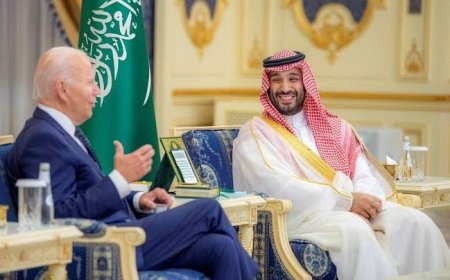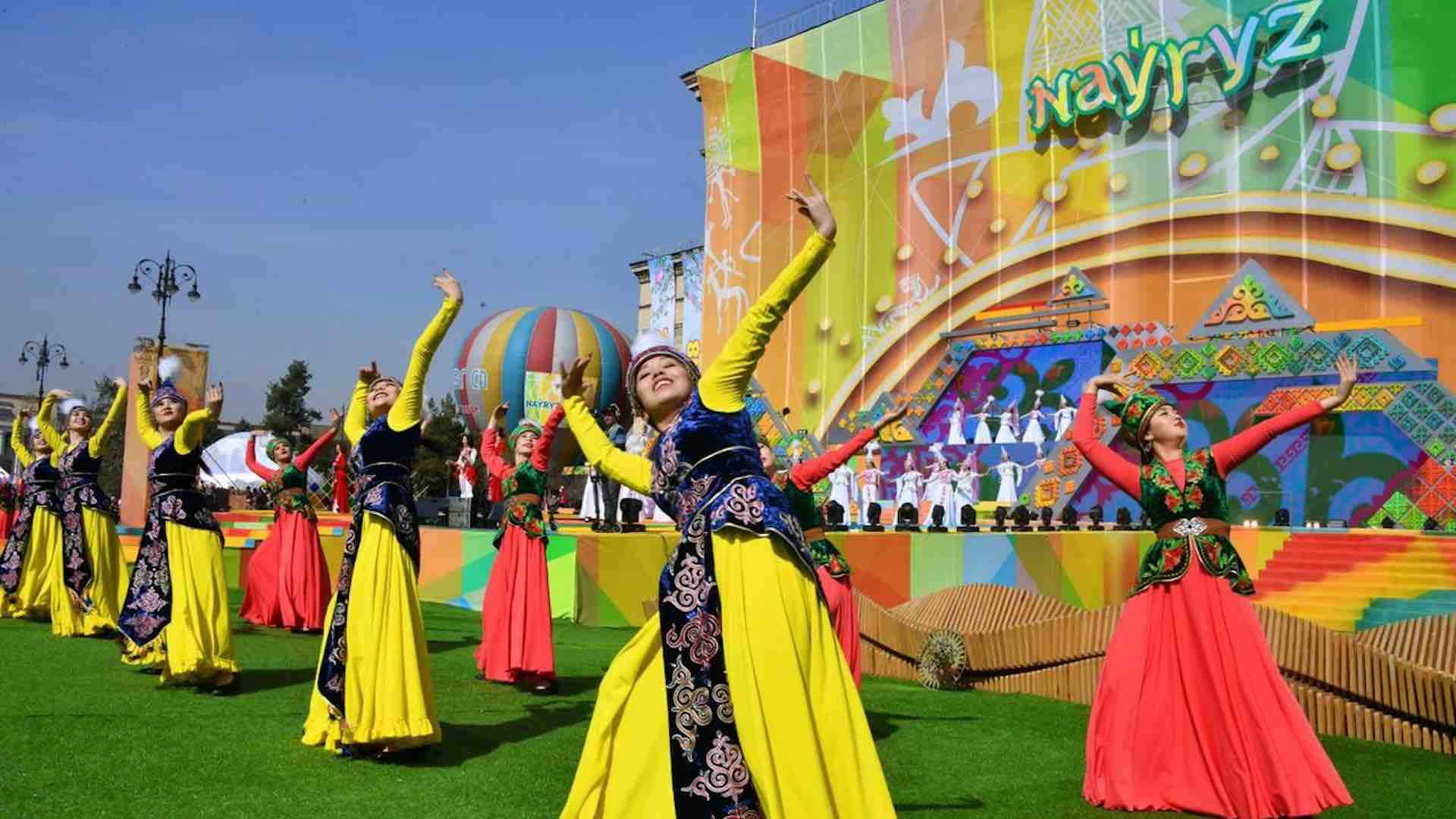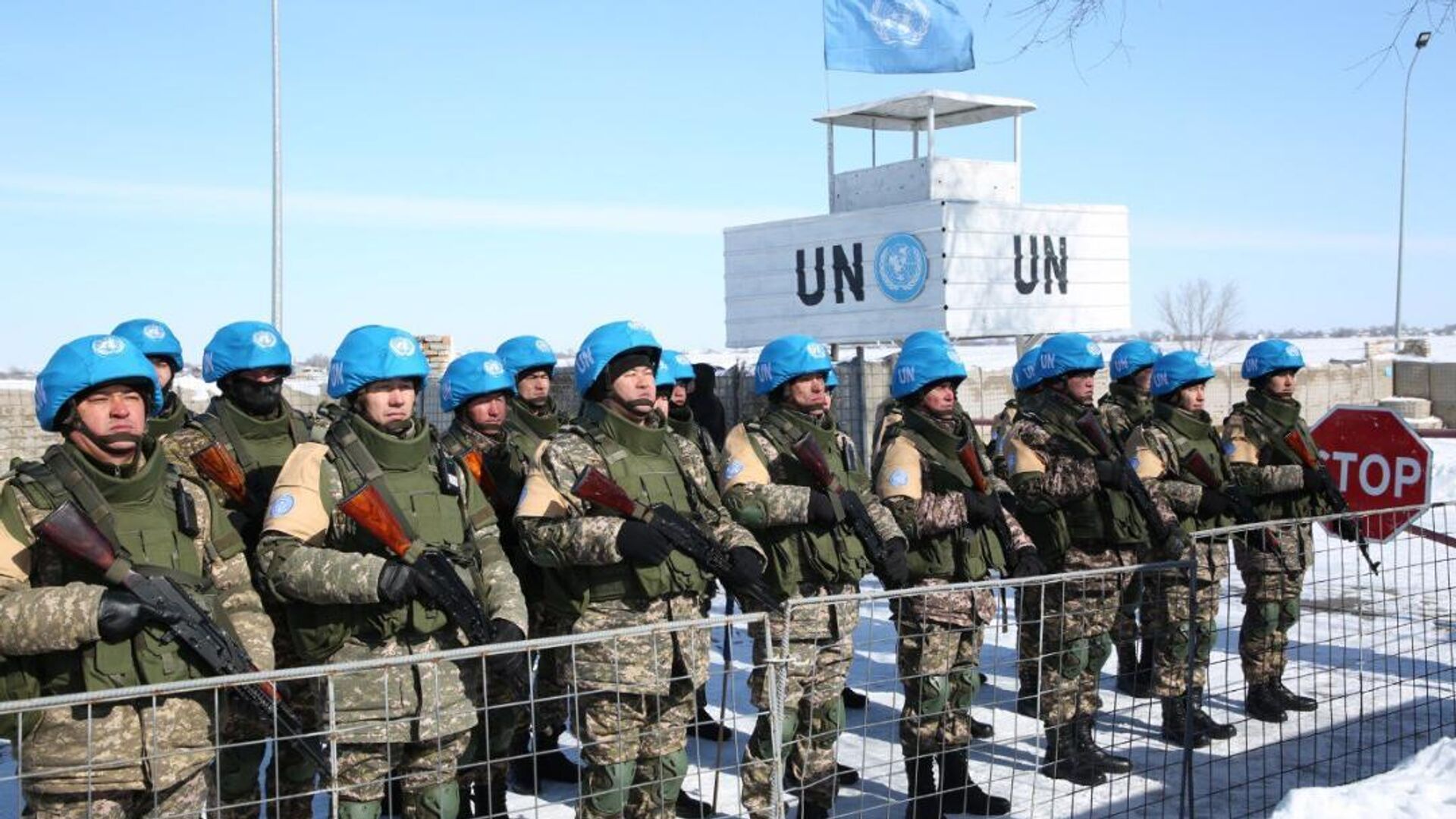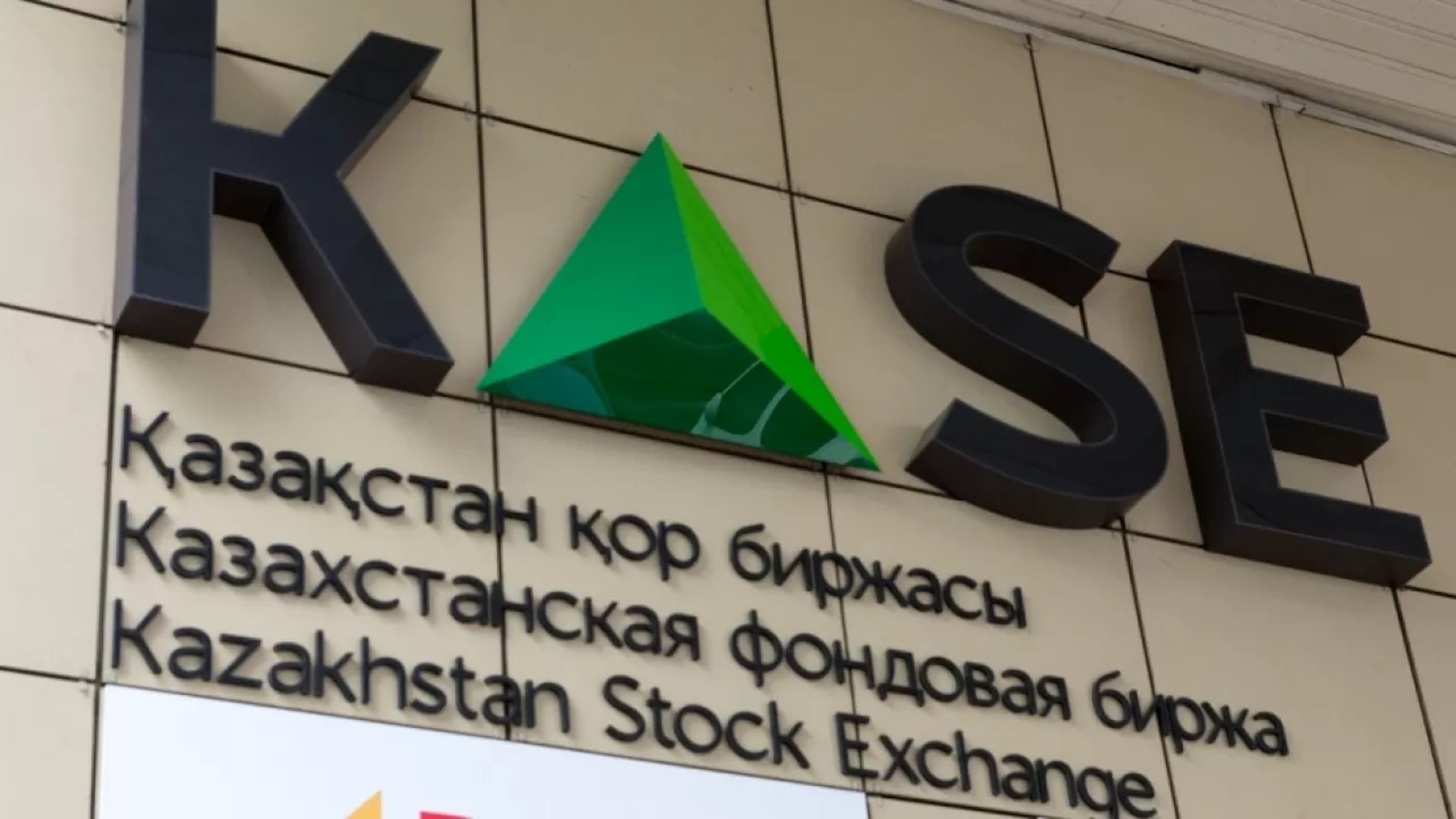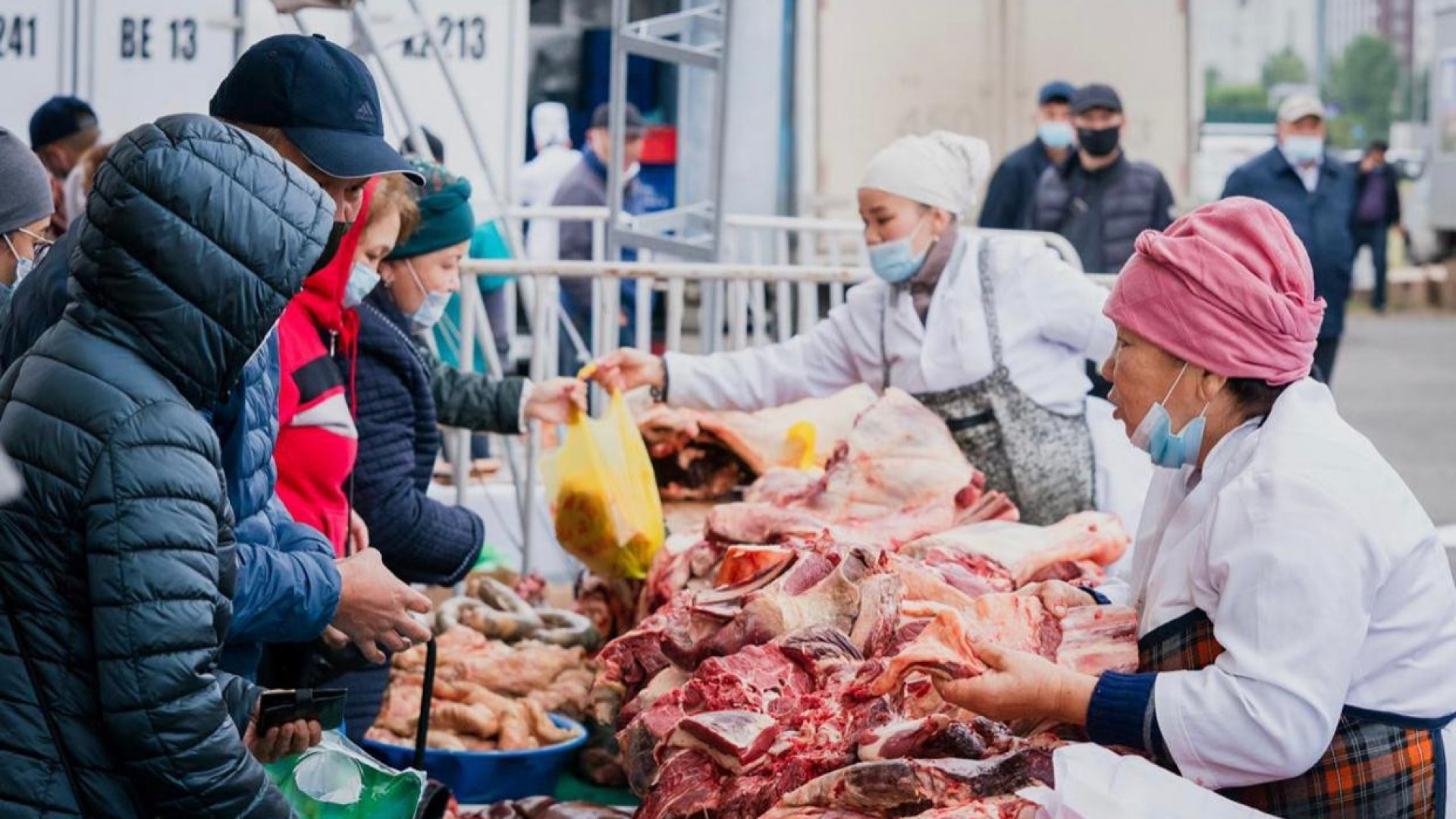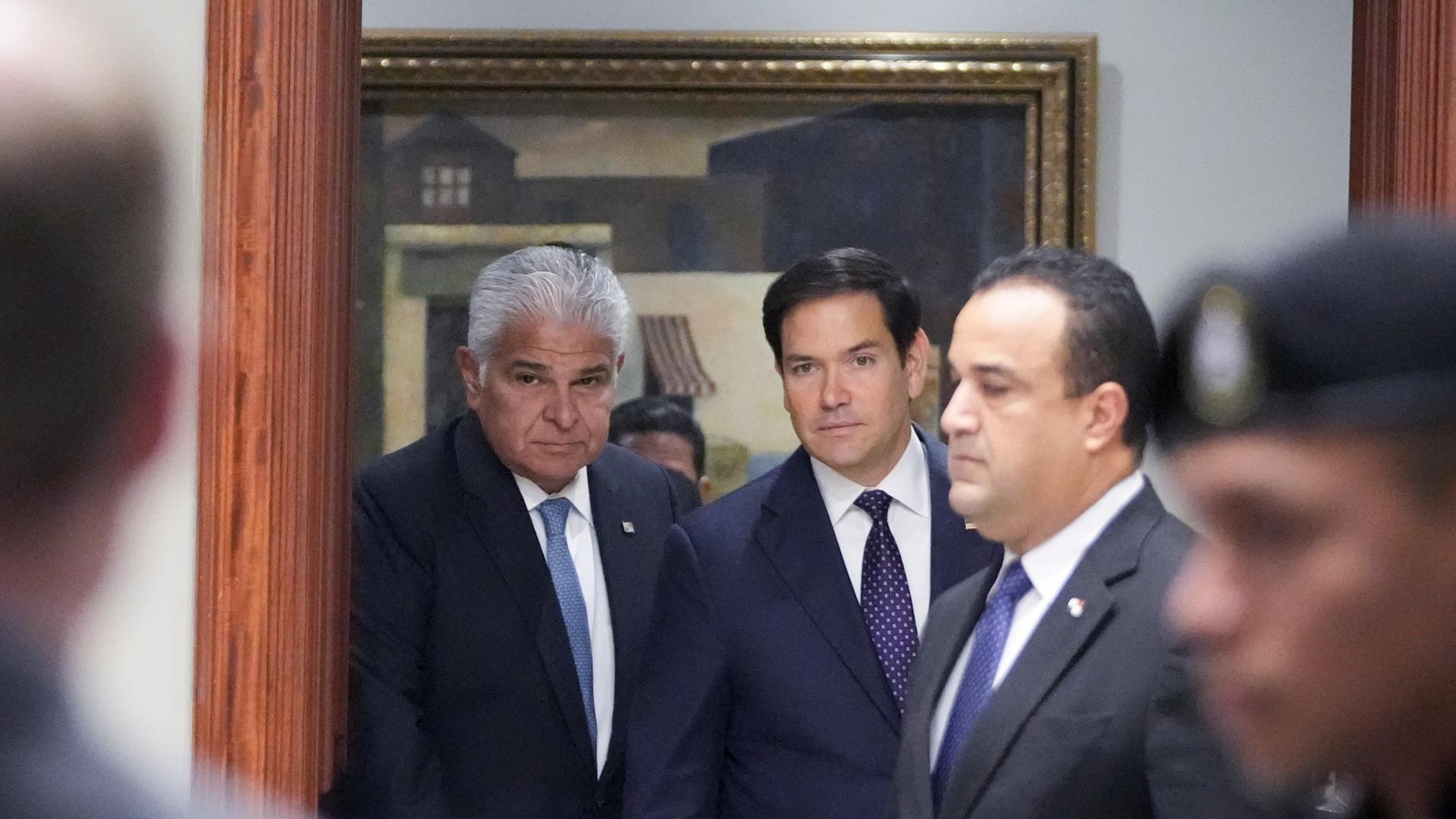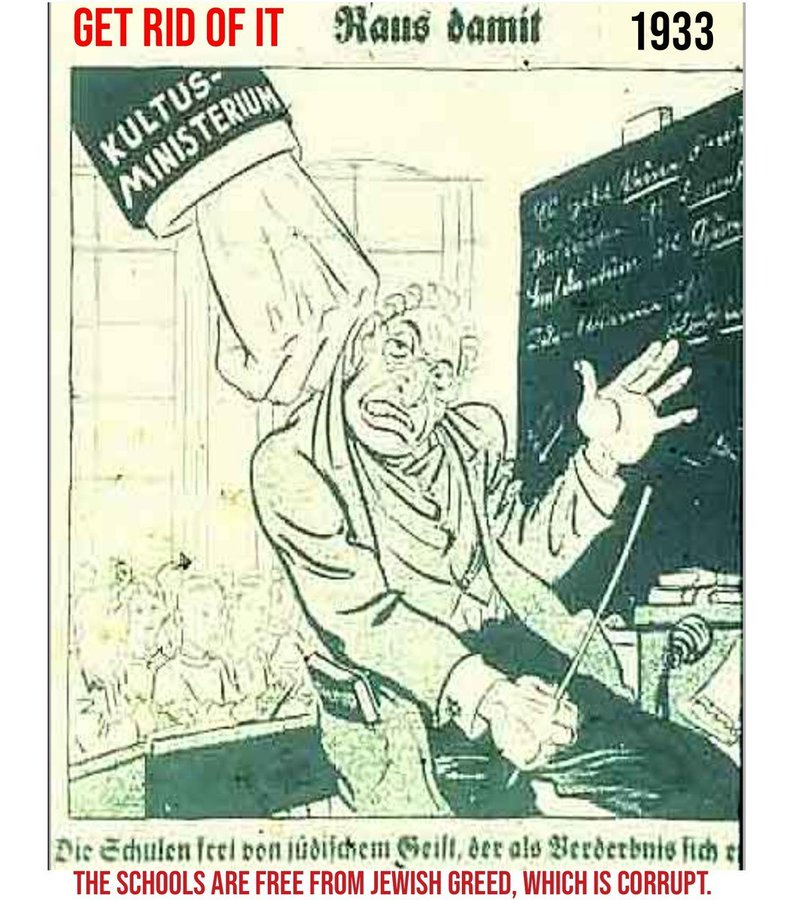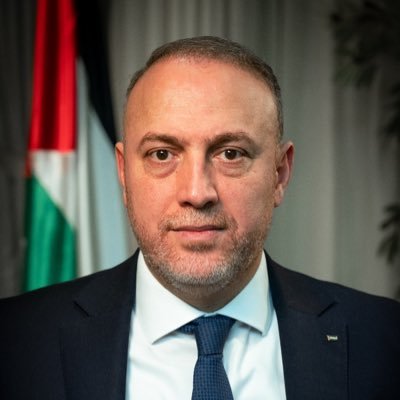Turkey in Political Turmoil: Protests, Elections, and External Pressure
Domestic protests, power struggles, and foreign geopolitical challenges have placed Turkey on the brink of serious change and potential international isolation.
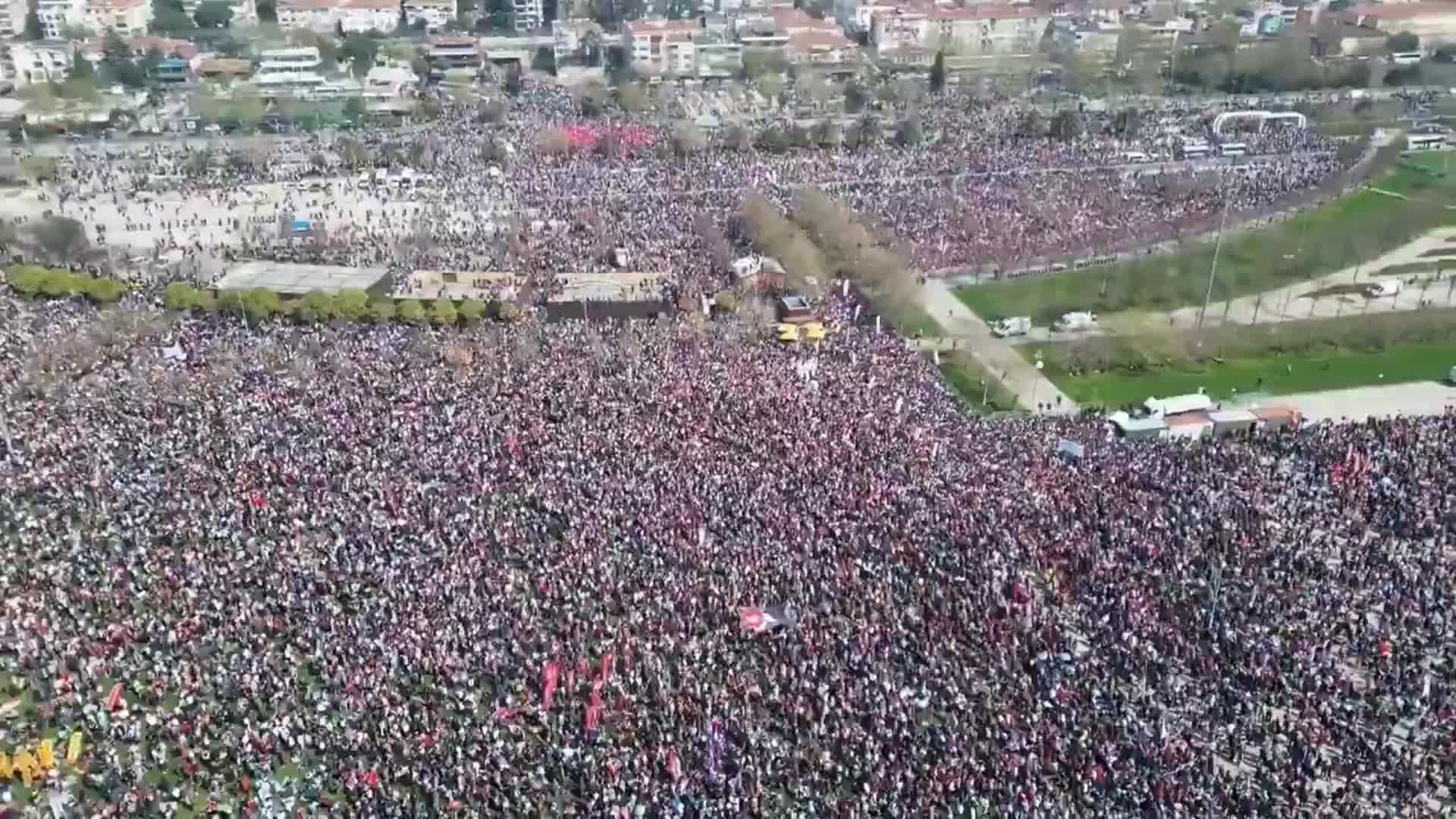
Internal Political Crisis in Turkey Escalates into International Confrontation
The Turkish government is facing one of the most serious political crises in recent years. Mass protests sweeping the country were triggered by the arrest of Istanbul Mayor Ekrem İmamoğlu and the intensifying power struggle between the ruling party and the opposition. At the center of events is the Republican People's Party (CHP), which seized the moment to launch a large-scale campaign for early presidential elections, accompanied by street demonstrations and political declarations.
CHP Chairman Özgür Özel, speaking at one of the largest rallies in Istanbul in support of the arrested İmamoğlu, called for a boycott of pro-government media and announced the launch of a nationwide petition campaign demanding the resignation of the current president and the holding of early elections. He emphasized that the CHP aims to gain the support of the majority of the population in order to legitimately remove a government that has lost public trust. According to his estimate, about 2.2 million people gathered at a rally in the Asian part of Istanbul, making it the largest protest in the past decade.
The party has developed a schedule of protest events, planning weekly mass demonstrations in major cities across the country. Additionally, the CHP held internal party elections and officially nominated İmamoğlu as its presidential candidate for the 2028 elections, while continuing to insist on the need for them to be held earlier.
President Recep Tayyip Erdoğan's response was predictably harsh. In a statement, he accused the opposition of attempting to destabilize the country and labeled the events a sabotage aimed at undermining national unity. He stated that the government would neither forget nor forgive those trying to seize power by unlawful means, including through street protests and violence. Erdoğan stressed that any manifestations of extremism and radicalism would be strictly suppressed within the framework of the law.
As political tensions rise, Turkey’s economic situation has also come under pressure. The Turkish lira sharply depreciated in the first days of the protests, causing concern among both the public and investors. The country’s Central Bank was forced to sell more than $25 billion from its foreign exchange reserves to stabilize the market and prevent a currency collapse. Despite these measures, the economic outlook remains fragile.
Opposition forces continue to assert that political pressure is growing in the country and that the judiciary is being used to persecute dissenters. International organizations and human rights institutions are expressing concern over a possible rollback of democratic institutions in Turkey and are calling for dialogue between the government and the opposition. However, in practice, such dialogue has yet to materialize.
The crisis is further complicated by the international context. France has unexpectedly renewed diplomatic efforts around the long-frozen Cyprus conflict, which has been perceived in Turkey as an attempt to exploit the moment of domestic instability. In March 2025, a ministerial conference was held in Paris on the topic of Syria’s foreign policy during its political transition. One of the key points discussed was limiting foreign interference in Syria’s affairs, but France also proposed a clause suggesting a maritime border agreement between Syria and the Republic of Cyprus as a condition for easing sanctions.
Ankara responded harshly to these proposals, emphasizing that any negotiations between Syria and Cyprus on maritime boundaries in the Eastern Mediterranean are unacceptable. Turkey traditionally considers such steps to be a direct challenge to its regional interests, particularly due to the long-standing conflict over Cyprus. Since 1974, following the military operation “Attila,” the northern part of the island has been controlled by the Turkish Republic of Northern Cyprus (TRNC), which is only recognized by Ankara. Disputes over the legal status of this region have persisted for decades and remain a subject of international contention.
Greek Cypriots regularly file lawsuits against Turkey in the European Court of Human Rights, accusing it of violating property rights and other freedoms. However, Turkey refuses to comply with court rulings, insisting on the recognition of two states on the island. France’s intervention in this issue, amid Turkey’s domestic crisis, is seen as political pressure and an attempt to assert influence in the Eastern Mediterranean.
Thus, Turkey's internal political crisis is taking on an international dimension. Domestic protests, economic strain, and external challenges are creating a complex situation that Ankara must navigate amid high volatility. The question of early elections remains open, but it is clear that the Turkish leadership will strive to retain control over the situation and prevent a change of power outside of scheduled timelines. Meanwhile, the opposition intends to use street pressure and public support to achieve its objectives.
Turkey’s fate in the coming months will depend on whether the country can find a balance between stability and change, internal pressure and external threats. One thing is clear: Turkey has entered a phase of acute political transformation, the consequences of which will have long-term implications both domestically and for the entire region.
Do you have news that could become a sensation?
Or do you want to try yourself as an editor?
On altn.news , it's possible!
Share your materials, express your opinion, and test your skills as a journalist or editor.
It’s simple:
✅ Download the app:

✅ Register on the website.
✅ Create and publish your news.
Who knows, maybe your material will become the next big headline!
Start today on altn.news.
The editorial board is not responsible for the content and accuracy of material taken, sent or obtained from other sources. The publication of such materials is for informational purposes only and does not imply automatic endorsement or approval of their content.



:focal(0.49:0.37):format(webp)/YXJ0aWNsZXMvaW1hZ2UvMjAyNS80LzIwMjIxMjAzLWdhZi11NTUtNzkwLmpwZw.webp?w=1920)

